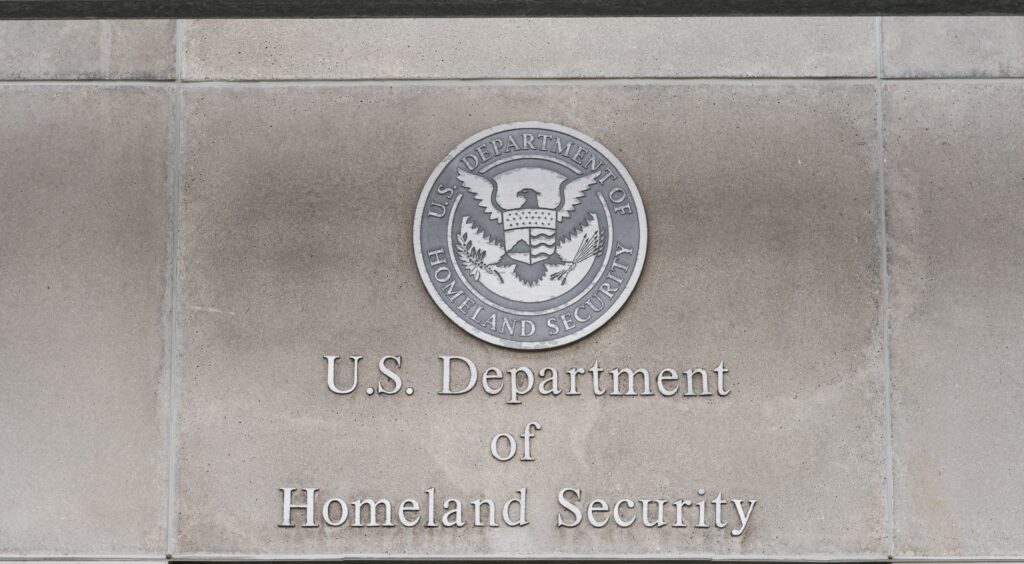The U.S. Department of Homeland Security (DHS) announced another potential significant change to the H-1B visa program earlier this week.
The DHS proposed eliminating the H-1B cap visa lottery and replacing it with a “wage-level-based selection process” in a rule released late Wednesday. The department claimed the system would be a “better way to allocate H-1Bs when demand exceeds supply.”
“If finalized as proposed, this new selection process would incentivize employers to offer higher wages or petition for positions requiring higher skills and higher-skilled workers instead of using the program to fill relatively lower-paid vacancies,” the Department claimed in a statement.
The proposed rule from DHS is subject to a 30-day comment period and is likely to face legal challenges in federal court. The official rule will soon be published in the Federal Register, which is when the comment period will open.
Selection process
There is a statutory cap that limits approval of new H-1B petitions in a fiscal year to 85,000, with 20,000 of that total reserved for foreign nationals who have obtained an advanced degree or higher from a U.S. college or university.
Currently, a random, computer-generated lottery selects cap-subject H-1B petitions when applications exceed available visas. The new DHS rule would replace the lottery with a system awarding H-1B visas based on the highest salaries potential employers are willing to pay foreign national employees.
The new rule would only impact applications filed for H-1B visas subject to the standard and advanced degree cap and “would not change the order of selection between the two,” according to the DHS.
Other program changes
The Department of Labor (DOL) issued a new rule in early October that altered the computation of prevailing wages in connection with the H-1B, H-1B1, E-3 and PERM programs.
That rule changed the calculation of prevailing wage levels by increasing the entry level minimum to the 45th percentile, therefore raising the “required wage” for H-1B visas and the wages connected to H-1B1 and E-3 applications as well as employment-based immigrant petitions requiring labor certifications.
The DOL rule went into effect immediately and is facing multiple legal challenges in federal district court.
The DHS also proposed a new rule earlier this month that would tighten the definition of a “specialty occupation” by requiring a bachelor’s degree that has a “direct relationship” to the position being filled by the H-1B visa holder. That rule will adjust specific “employer-employee” requirements and increase scrutiny of employers who place H-1B employees at third-party worksites, as well.
That rule will not be implemented for at least 60 days following its publication on Oct. 8.
What is an H-1B visa?
The H-1B nonimmigrant visa category is available for U.S. companies to fill a “specialty occupation” with a qualified foreign national. A specialty occupation is one that generally requires a bachelor’s degree or higher, or its equivalent, as a minimum, entry-level credential.
In most situations, an H-1B petition can be approved for a maximum initial period of three years and may be extended for an additional three years longer under certain circumstances.

